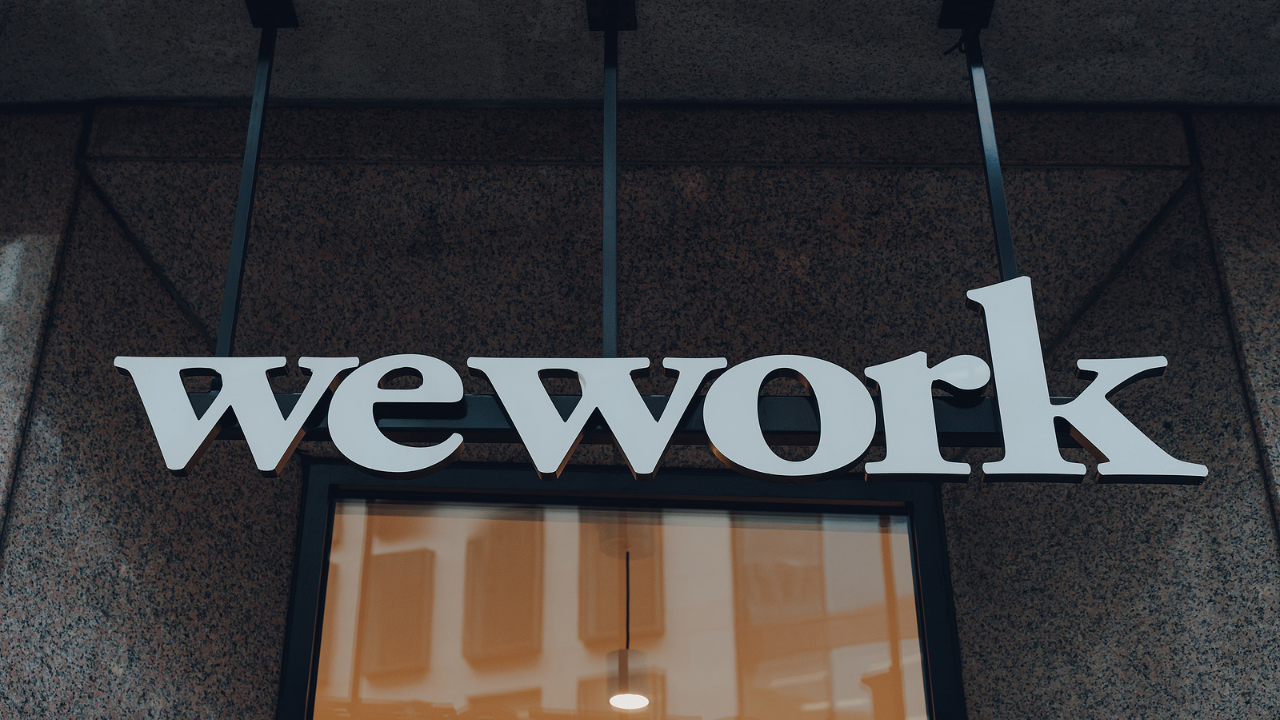Sandeep Mathrani, CEO of WeWork, has been weighing the idea of going public again, less than two years after the company’s failed headline-grabbing IPO.
“My job was to streamline the company and streamline the real estate portfolio so we could go to our path of profitability by Q4 2021,” said Mathrani in an interview with Reuters earlier this month. “We are completely on track.”
Prior to Mathrani taking over the company, WeWork was on the cusp of major fallout after its former CEO and cofounder Adam Neumann’s lavish spending led to massive losses and distrust in the coworking firm.
After the company rid itself of unprofitable locations, acquisitions and unnecessary amenities, it appears to be following the path of profitability.
However, as the entire coworking industry has been faced with the reckoning caused by a once-in-lifetime pandemic.
According to Peter Papadakos, head of European research at property consultant Green Street Partners, flexible spaces will likely not recover until 2023.
The company has somewhat made amends to its losses by laying off employees and cutting down on long-term lease liabilities through lease adjustments.
WeWork will need to do much more to mitigate its risk. For instance, it has purchased some properties which could help eliminate rental exposure. But the company needs an influx of cash to sustain this strategy.
Another way to reduce its risk is entering co-management deals similar to the hospitality industry. Through a profit-sharing agreement, landlords and coworking firms share both the profits and the risks.
















